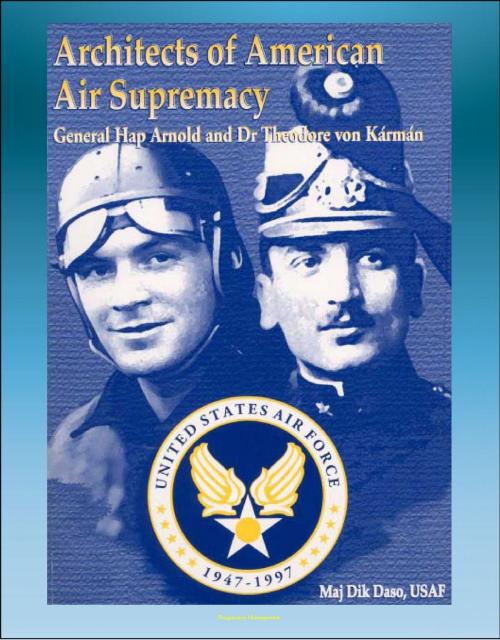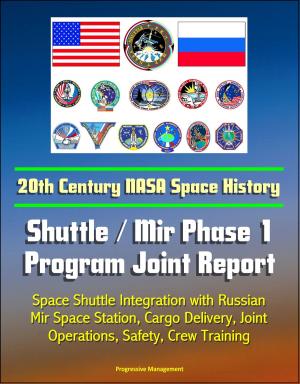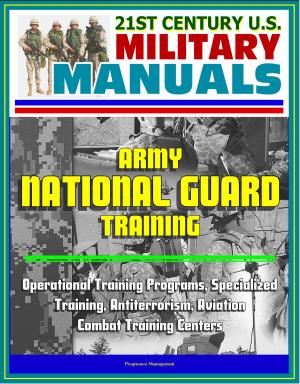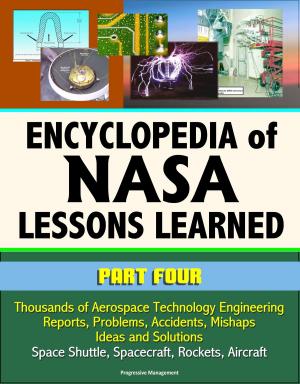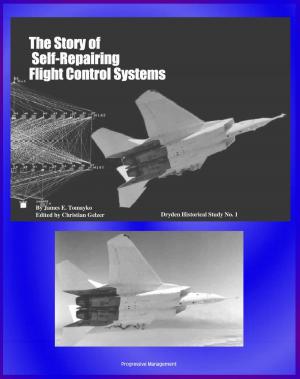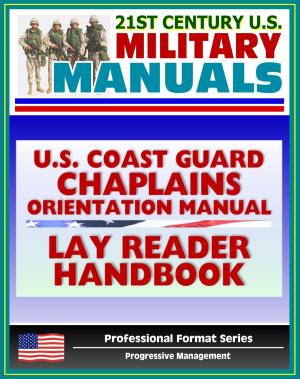Architects of American Air Supremacy: General Hap Arnold and Dr. Theodore von Karman - Conceptualizing the Future Air Force
Nonfiction, Science & Nature, Technology, Aeronautics & Astronautics, History, Military, Aviation| Author: | Progressive Management | ISBN: | 9781476402185 |
| Publisher: | Progressive Management | Publication: | June 17, 2012 |
| Imprint: | Smashwords Edition | Language: | English |
| Author: | Progressive Management |
| ISBN: | 9781476402185 |
| Publisher: | Progressive Management |
| Publication: | June 17, 2012 |
| Imprint: | Smashwords Edition |
| Language: | English |
This study highlights elements of technology with which Henry H. Arnold and Theodore von Karman were directly involved. The biographical approach, emphasizing scientific and technological elements in Arnold's and Karman's lives, is essential because the interaction of personalities, as well as their institutions, is inexorably linked to the development of American airpower. The importance of the personalities involved precludes a purely technological history of the airplane or the Air Force as a system within itself. For in the end, it was two men using their broad experience and innovative ideas, who created the blueprint with which American air supremacy has been built.
A major theme of this study is how people influence each other. Consequently, decisions affecting institutions are molded, not just by experience but also by personal influences. This is a history of ideas. It is an examination of how the Air Force has come to believe itself a military service with its base firmly anchored in advanced technology and how those beliefs originated. Additionally, it is the story of how airpower technologies evolved through World War II. Scientists had a hand in technological development, but not the only hand, Government officials directed and funded scientific and technological research. University professors, a large part of the scientific community, accomplished much of the essential research. This posed an interesting problem for Karman because, traditionally, American science had revolved around utilitarian values rather than theoretical understanding of both practical and scientific problems. l Industry provided the brawn required to mount the massive buildup of World War II military forces. But interaction of all of these, shaped by perceptions, vision, and interpersonal experiences, directed the actual evolution of airpower. 2 Underlying the major themes in this study is the realization that an integral part of this technological evolution was frequently the result not of superior planning or wisdom, but of good fortune, or dumb luck and happenstance.
Contents: Preface * 1 Genesis * 2 Educating An Airpower Architect * 3 Conceptualizing The Future Air Force * 4 The European Influence: Theodore Von Karman * 5 The Blueprint * 6 Airpower Under Construction * 7 Conclusion * Appendix A * The Military Career Of Henry Harley Arnold (Cadet No. 4596) * Appendix B * Where We Stand * Appendix C * Science: The Key To Air Supremacy * Glossary * Bibliography
This study highlights elements of technology with which Henry H. Arnold and Theodore von Karman were directly involved. The biographical approach, emphasizing scientific and technological elements in Arnold's and Karman's lives, is essential because the interaction of personalities, as well as their institutions, is inexorably linked to the development of American airpower. The importance of the personalities involved precludes a purely technological history of the airplane or the Air Force as a system within itself. For in the end, it was two men using their broad experience and innovative ideas, who created the blueprint with which American air supremacy has been built.
A major theme of this study is how people influence each other. Consequently, decisions affecting institutions are molded, not just by experience but also by personal influences. This is a history of ideas. It is an examination of how the Air Force has come to believe itself a military service with its base firmly anchored in advanced technology and how those beliefs originated. Additionally, it is the story of how airpower technologies evolved through World War II. Scientists had a hand in technological development, but not the only hand, Government officials directed and funded scientific and technological research. University professors, a large part of the scientific community, accomplished much of the essential research. This posed an interesting problem for Karman because, traditionally, American science had revolved around utilitarian values rather than theoretical understanding of both practical and scientific problems. l Industry provided the brawn required to mount the massive buildup of World War II military forces. But interaction of all of these, shaped by perceptions, vision, and interpersonal experiences, directed the actual evolution of airpower. 2 Underlying the major themes in this study is the realization that an integral part of this technological evolution was frequently the result not of superior planning or wisdom, but of good fortune, or dumb luck and happenstance.
Contents: Preface * 1 Genesis * 2 Educating An Airpower Architect * 3 Conceptualizing The Future Air Force * 4 The European Influence: Theodore Von Karman * 5 The Blueprint * 6 Airpower Under Construction * 7 Conclusion * Appendix A * The Military Career Of Henry Harley Arnold (Cadet No. 4596) * Appendix B * Where We Stand * Appendix C * Science: The Key To Air Supremacy * Glossary * Bibliography
